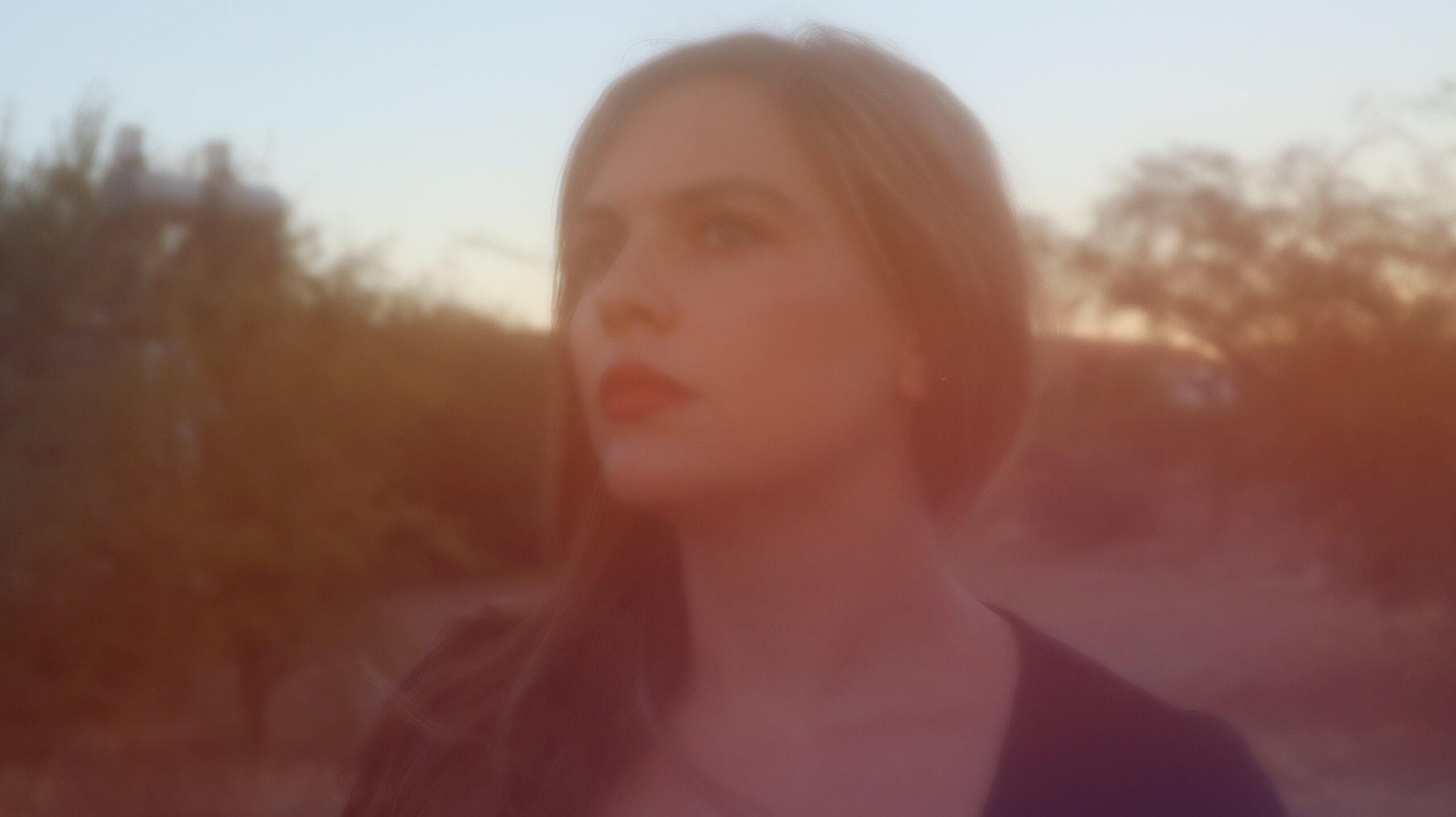Galina Juritz (b. 1986)
Instrumentation: Saxophone quartet (S, A, T, Bari.)
Duration: 3:33
Note from composer:

About the composer...
Galina Juritz is a composer, producer, and violinist working between London and South Africa. She holds a BMus in Violin Performance from the University of Cape Town, and an MMus in Creative Practice from Goldsmiths University of London, where she has recently started her doctoral research. Her PhD will explore methodologies in participant-composed soundtracks within documentary storytelling.
Throughout her career she has been drawn to both live and electronic textures and frequently works in interdisciplinary and collaborative spaces. Her composing credits include short films, animations, documentaries, commercials, dance pieces, scored works for instrumental and vocal ensembles, audiovisual compositions and extensive studio work. She frequently plays in ensembles and bands, and as an improvising musician, having performed locally and internationally since 2004 and is a founding member of the Night Light Collective, a flexible configuration of players of diverse instruments who focus their energy on the composition and promotion of new South African works, and innovative collaborations.
In 2017 her first cantata ‘Madness: Songs of Hope and Despair’ with a libretto by psychiatrist Dr Sean Baumann, had a two-week run at the Baxter theatre and went on to form part of the MOOC Humanising Healthcare online course. Since then she has released music as a solo artist and as part of various ensembles with NX Records, Kit Records, Platoon and the Africa Open Institute. During her time at Goldsmiths she started exploring filmmaking and released a short documentary about the South African Jazz big band The Brotherhood of Breath and an audiovisual work called Dionysus Dies which explores themes of grief and post-digital aesthetics.
Currently alongside her doctoral research she is working on a second cantata and a solo album both due to be released next year.